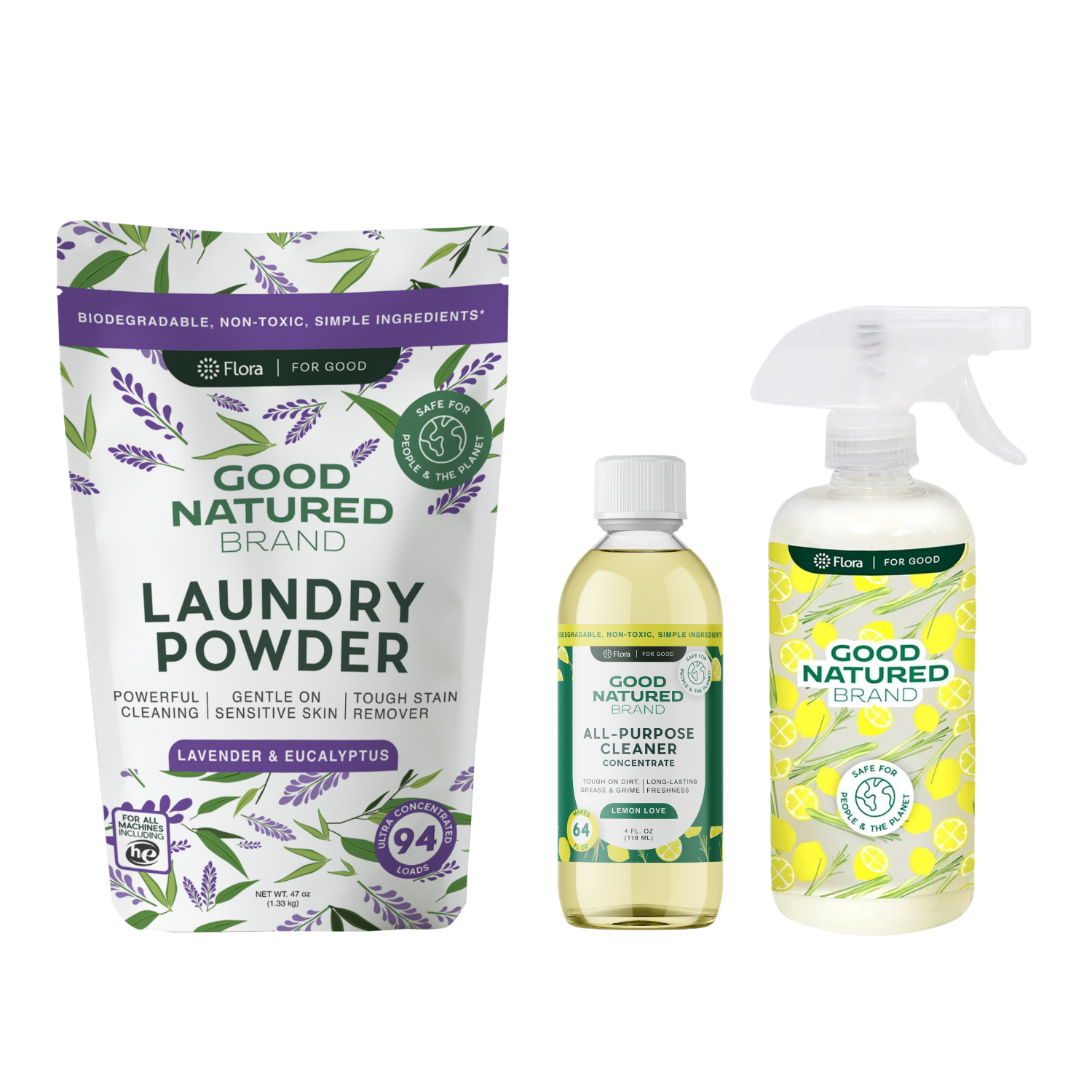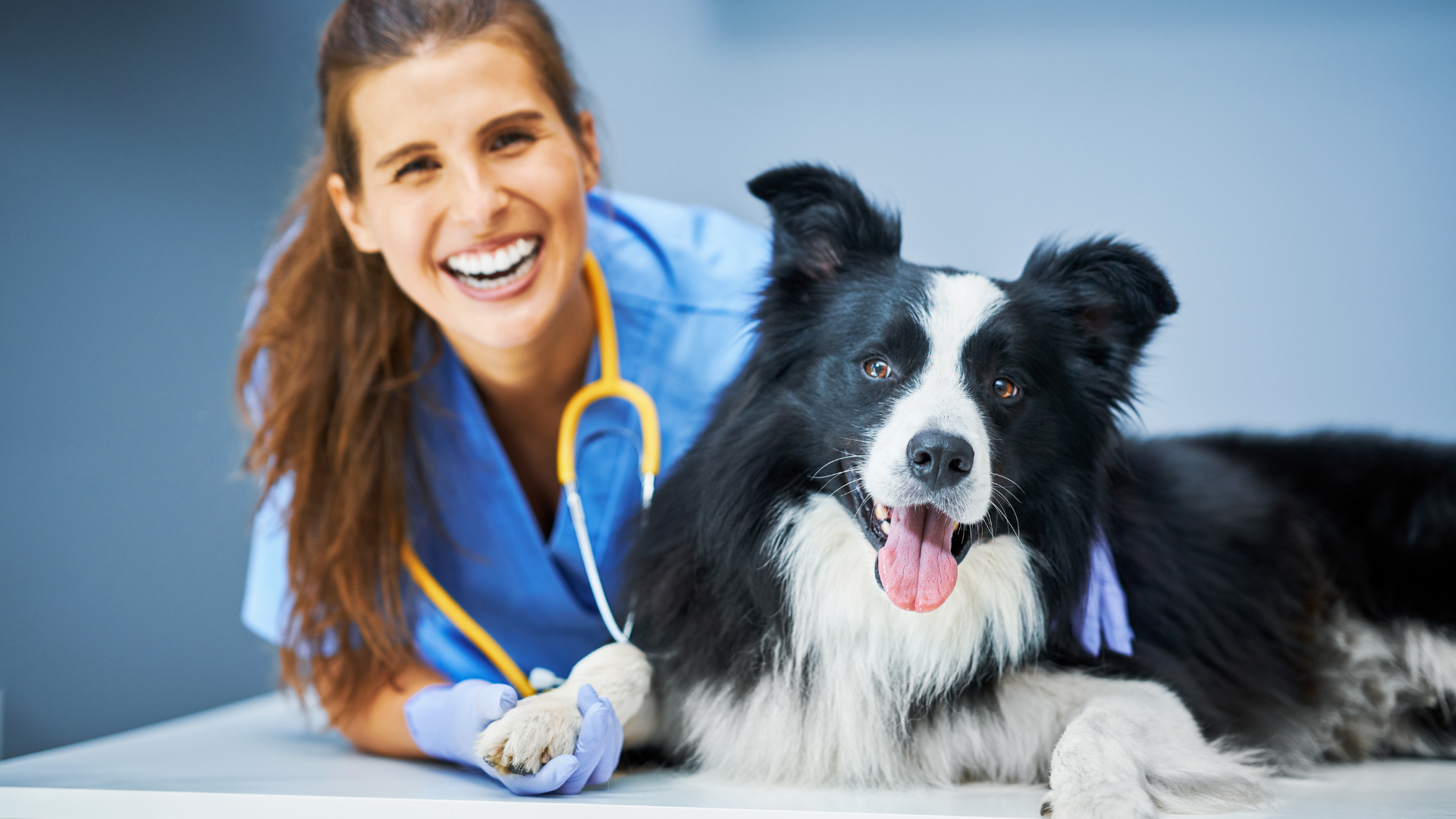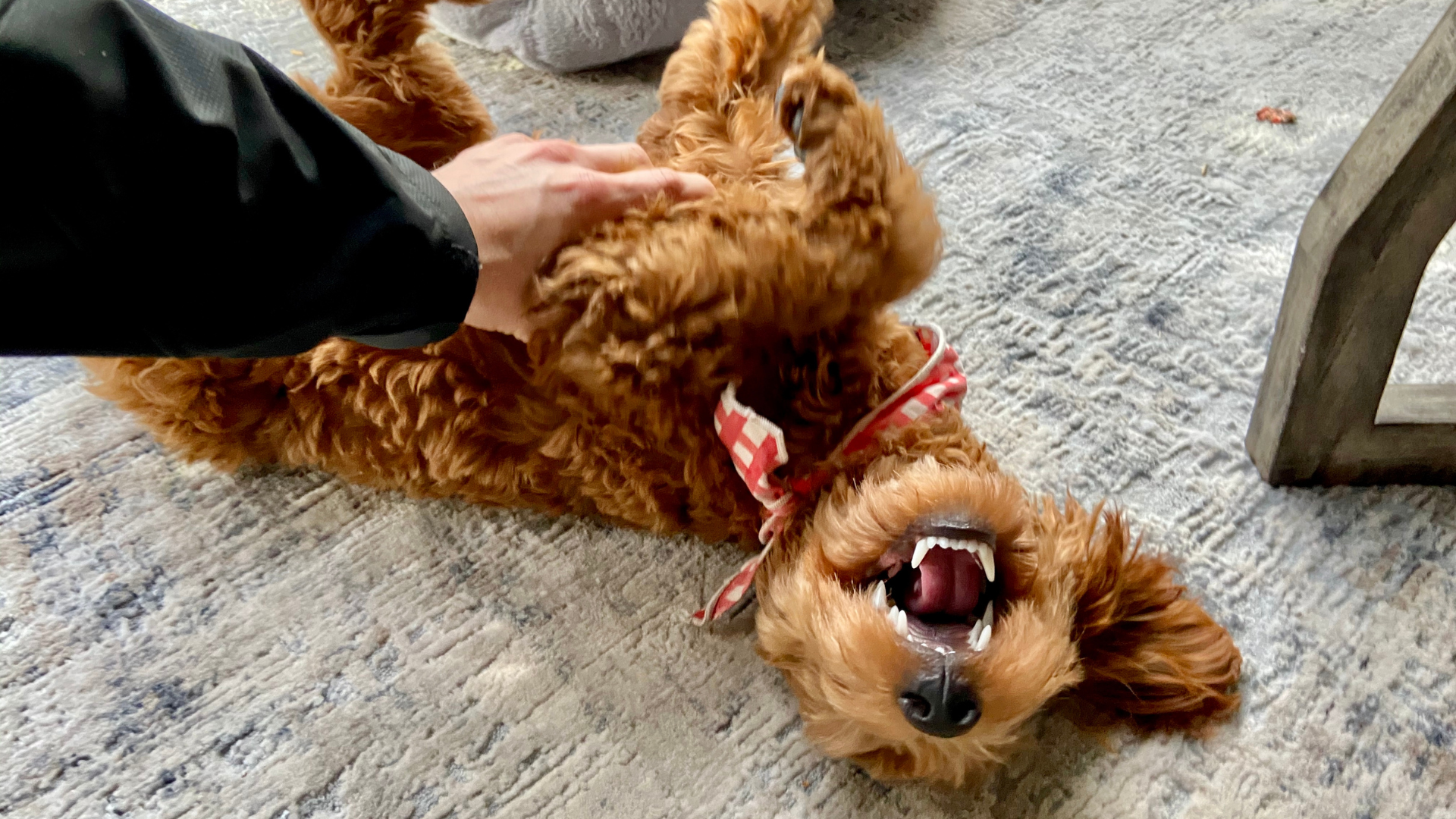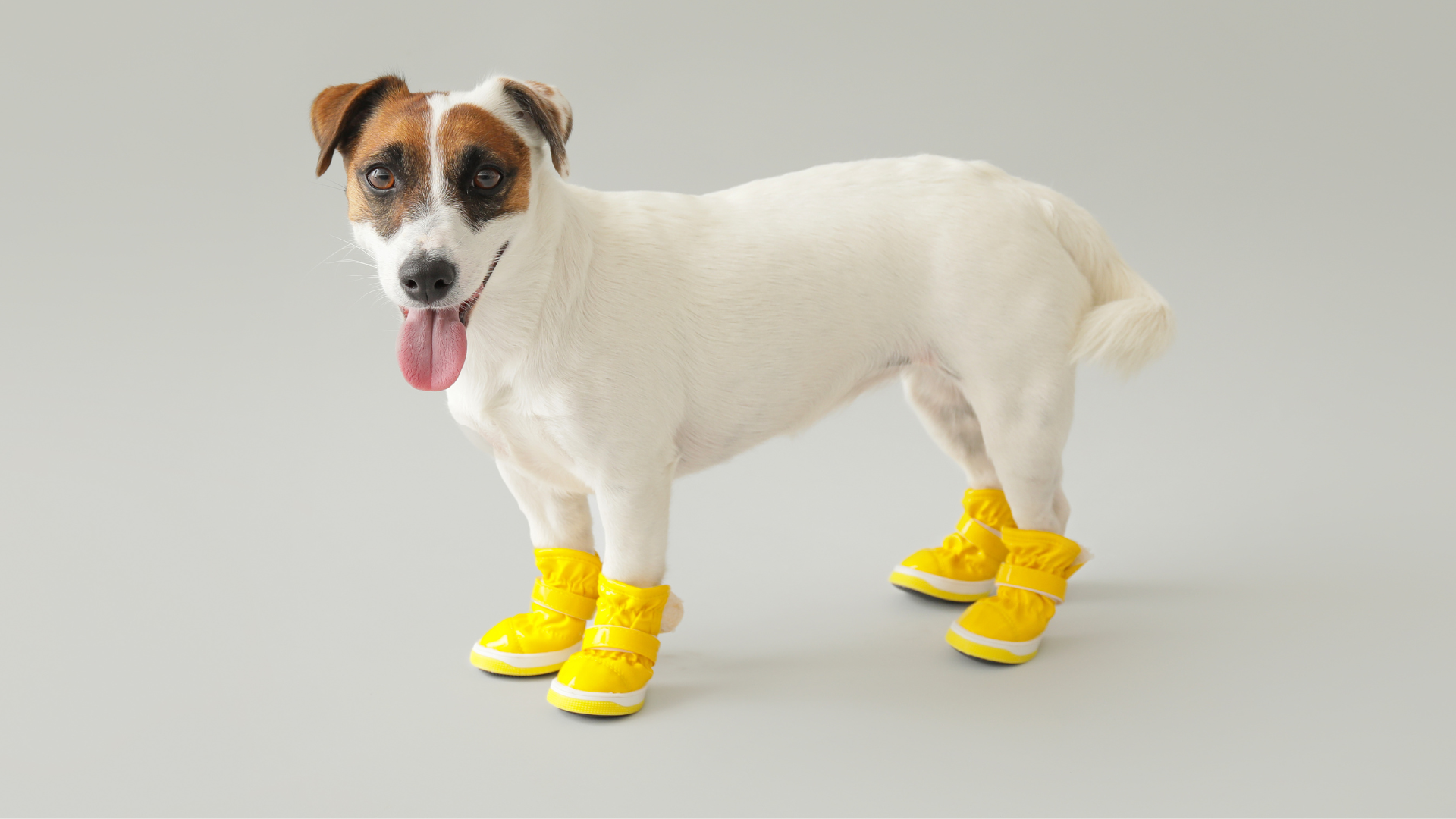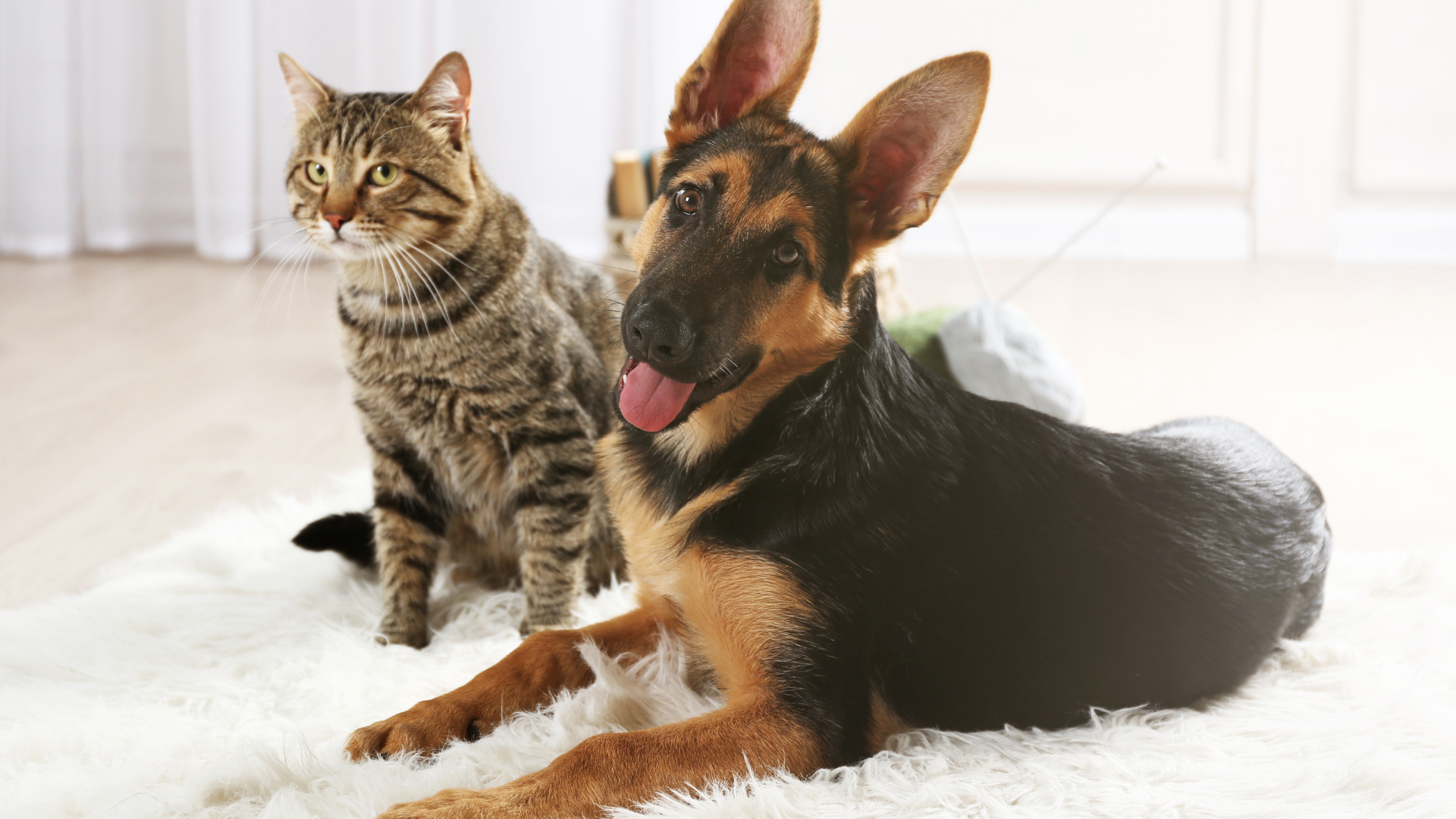Adopting a pet is a life-changing decision that not only impacts your life but also the life of an animal in need. Among the many pets waiting for homes, disabled animals often face the greatest challenges in finding their forever families. Unfortunately, misconceptions about these pets can deter potential adopters from giving them a chance. In this blog, we will explore the myths surrounding disabled pets and highlight the realities that showcase their amazing potential.
Understanding Disabled Pets
Disabled pets are those that have physical or sensory impairments that may affect their mobility, vision, hearing, or other functions. These disabilities can arise from birth defects, illness, injury, or aging. It is crucial to understand that just like any other pet, disabled animals can lead fulfilling lives filled with love, joy, and companionship. The key to their well-being often lies in the support and care they receive from their families.
Common Myths About Disabled Pets
One prevalent myth is that disabled pets are untrainable. In reality, many disabled animals can learn commands and behaviors just like their able-bodied counterparts. With patience and the right training techniques, these pets can excel in obedience and even participate in agility courses adapted to their needs. For instance, dogs with mobility issues can be trained to navigate ramps or special equipment designed for their condition.
Another common misconception is that disabled pets are always sick or in pain. While some disabilities may require ongoing medical attention, many disabled pets experience a good quality of life. With the proper care, including regular vet visits and appropriate therapies, these animals can thrive. It’s essential to provide a loving home environment that accommodates their needs, ensuring they remain comfortable and happy.
Some potential adopters worry that adopting a disabled pet will be too much work. While it is true that these pets may require some additional attention, the rewards are immeasurable. Disabled pets often exhibit incredible resilience and determination, which can inspire their owners. Moreover, many families find that the effort they invest in caring for a disabled pet is far outweighed by the love and joy these animals bring into their lives.
Lastly, there is a misconception that disabled pets cannot lead happy lives. This could not be further from the truth. Many disabled pets live vibrant, fulfilling lives, enjoying playtime, cuddles, and adventures with their families. They often teach their owners valuable lessons about empathy, understanding, and the importance of unconditional love.
Benefits of Adopting Disabled Pets
Adopting a disabled pet comes with a unique set of benefits. First and foremost, providing a home for a disabled animal can profoundly impact their life. Many disabled pets are overlooked in shelters, and by adopting one, you are giving them a second chance at happiness. This act of kindness can also help reduce the number of animals in shelters, making space for more pets in need.
Furthermore, disabled pets can bring immense joy and companionship to their families. They often develop strong bonds with their owners and can be incredibly loving and loyal companions. These animals have a unique perspective on life that can enrich your experience and foster a deeper appreciation for the resilience of all living beings.
Additionally, adopting a disabled pet can have positive effects on your emotional and mental well-being. The responsibility of caring for a pet can provide a sense of purpose, and the unconditional love they offer can help reduce stress and anxiety. Many pet owners report feeling happier and more fulfilled after bringing a pet into their lives, and this holds true for those who adopt disabled animals as well.
Preparing Your Home for a Disabled Pet
If you are considering adopting a disabled pet, it’s essential to prepare your home to make it a safe and comfortable environment. Depending on the specific needs of the pet, you may need to make some adjustments. For example, if you are adopting a dog with mobility challenges, consider installing ramps or using pet stairs to help them access different areas of your home.
Creating a safe space for your disabled pet is vital. Ensure that your home is free of hazards, such as sharp objects or slippery surfaces. You may also want to invest in pet-friendly cleaning products, such as our All-Purpose Cleaners, that are safe for your furry friend while effectively keeping your home clean.
In addition to physical adjustments, providing mental stimulation is crucial for your disabled pet's happiness. Toys that encourage engagement, gentle exercises, and even interactive training sessions can help keep their minds active and promote a sense of well-being.
Creating a Safe and Accessible Home Environment
The first step in welcoming a disabled pet into your home is to make necessary adjustments that promote their safety and comfort. Depending on the type of disability, you might need to install ramps or pet stairs to help your new companion access different areas of your home. For pets with limited mobility, consider removing any obstacles that could pose a risk of injury.
You should also ensure that your home is equipped with pet-friendly surfaces. Non-slip mats can be beneficial for pets that may struggle with balance. Additionally, keeping essential items like food, water, and bedding in easily accessible locations will help your pet navigate their environment more comfortably.
Investing in Quality Pet Products
Providing the right products can significantly enhance the quality of life for your disabled pet. Consider using products specifically designed for pets with disabilities, such as orthopedic beds or supportive harnesses for those needing assistance while walking.
For maintaining a clean home, effective cleaning solutions are essential. Our All-Purpose Cleaners are safe for both your family and pets while effectively tackling everyday messes. Additionally, our Carpet Deodorizers are perfect for eliminating odors caused by accidents or spills, ensuring your home remains fresh and inviting.
Establishing a Routine
Disabled pets often thrive on routine, so establishing a consistent schedule for feeding, medication, and exercise can make a significant difference in their overall well-being. Regular vet check-ups are also crucial to monitor their health and address any emerging issues.
Incorporate gentle exercise into their daily routine, which can help maintain their physical health and prevent obesity. Activities can be tailored based on their abilities; for example, some pets may enjoy short walks or interactive play, while others might benefit from mental stimulation through puzzle toys.
Meeting Their Emotional Needs
Disabled pets may require additional emotional support as they adjust to their new environment. Spend quality time with your pet, providing them with love, attention, and reassurance. These animals can be incredibly resilient and loving, and nurturing their emotional well-being is just as important as addressing their physical needs.
Consider using calming products, such as our Lavender-scented Laundry Powders for their bedding, to create a soothing atmosphere. These gentle scents can help relax your pet and contribute to a peaceful home environment.
Success Stories of Disabled Pets
Hearing success stories of disabled pets can inspire potential adopters and showcase the joys of providing a loving home for these animals. Many disabled pets have been adopted into loving families, where they have flourished despite their challenges.
For instance, a three-legged dog named Max found a forever home after being overlooked for months in a shelter. His new family learned to adapt their lifestyle around his needs, ensuring he had everything he required to live happily and healthily. Max now enjoys long walks with his family, proving that disabilities do not define a pet’s ability to lead a fulfilling life.
Another heartwarming story is that of Bella, a blind cat who captured the hearts of her adoptive family. They created a safe space for her, using sound cues and tactile markers to help her navigate her surroundings. Bella has since become a beloved member of the household, showing everyone that love knows no bounds.
Conclusion
Adopting a disabled pet is a fulfilling experience that can transform both your life and the life of the animal you choose to welcome into your home. By understanding their unique needs and debunking common myths, you can provide a loving and supportive environment for your new companion. Remember that these pets have so much love to give, and they can teach us invaluable lessons about resilience and compassion.
If you're considering adopting a pet, we encourage you to visit your local shelters or rescue organizations to learn more about available disabled animals. Each one has its own story to tell and a heart full of love waiting to be shared. Embrace the opportunity to change a life—both yours and that of a deserving pet. For more information on caring for your pets and maintaining a clean home, check out our Blog for helpful tips and resources. Together, we can create a better world for all pets, regardless of their abilities.













